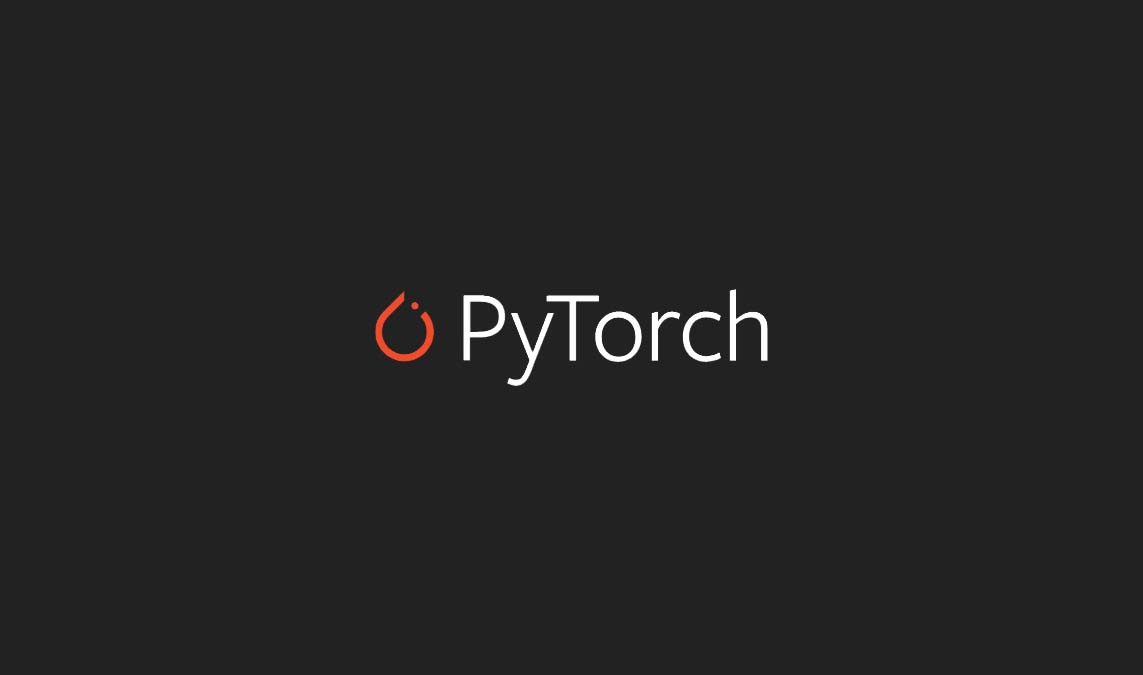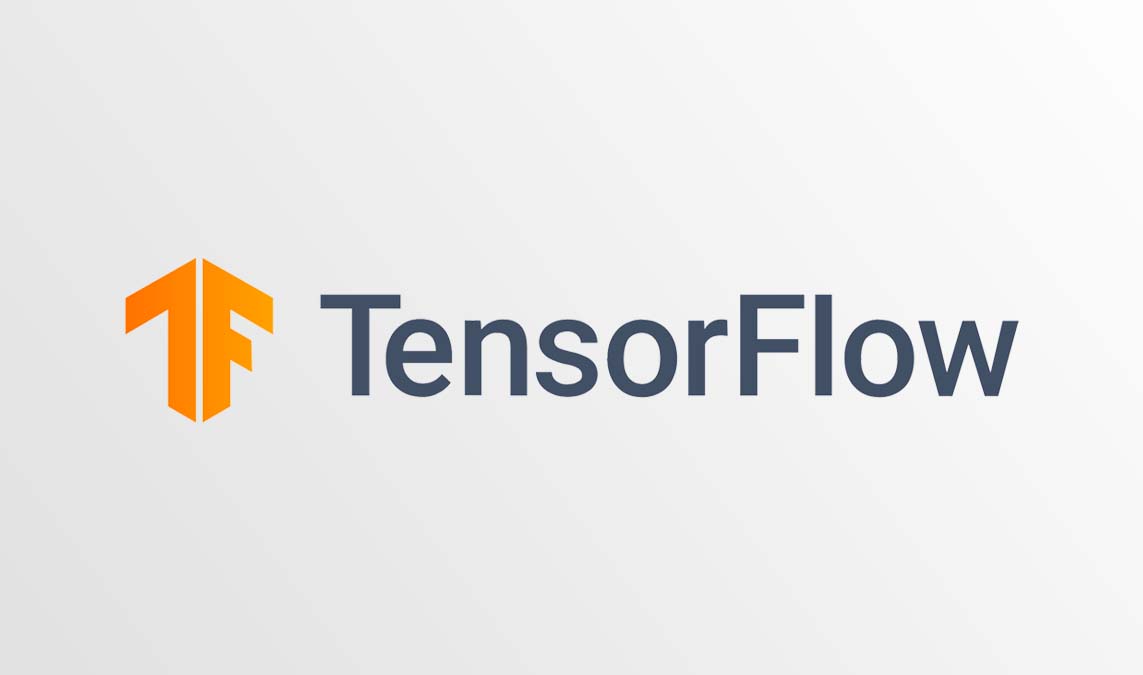As businesses race to gain a competitive edge in today’s digital-first landscape, AI marketing tools have emerged as essential drivers of growth, efficiency, and customer engagement. These tools utilize machine learning, natural language processing, and big data analytics to automate tasks, personalize messaging, and optimize decision-making. In fact, the integration of artificial intelligence into marketing strategies is no longer a futuristic concept—it is happening right now.
In this article, we will explore the most impactful AI marketing tools currently shaping the industry, why they matter, and how they can dramatically elevate your brand’s performance in 2025 and beyond.
Why AI Marketing Tools Are Essential in 2025
Marketing has evolved from gut-driven strategies to data-powered campaigns. As a result, AI marketing tools provide the speed, scale, and sophistication needed to thrive in this dynamic environment. They help marketers:
Automate repetitive tasks
Deliver hyper-personalized content
Analyze massive data sets instantly
Predict customer behavior
Optimize ad spending
Therefore, embracing these tools is no longer optional; it’s a necessity for businesses aiming to stay relevant and grow sustainably.
Benefits of Using AI Marketing Tools
Before diving into specific platforms, it’s important to understand the tangible benefits of AI marketing tools:
Time Efficiency: AI automates manual processes such as content generation, customer segmentation, and A/B testing.
Data-Driven Decisions: These tools analyze vast amounts of customer data to uncover insights and trends.
Personalization at Scale: AI can tailor messages, offers, and product recommendations to each customer individually.
Enhanced ROI: By optimizing campaigns and targeting the right audiences, businesses experience better returns on their marketing investments.
Moreover, these tools work 24/7—constantly learning, adapting, and improving over time.
Best AI Marketing Tools to Use in 2025
Let’s now explore the top AI marketing tools dominating the digital marketing space this year. These platforms span across multiple categories, from content creation to campaign optimization.
Formerly known as Jarvis, Jasper AI is a leading AI writing assistant. It uses GPT-4 to generate marketing copy, blog posts, product descriptions, and more in seconds.
Why It’s Powerful: Jasper can create content in over 25 languages, with tone and style adjustments.
Use Case: Marketers can draft high-converting landing pages, ad copy, and email sequences effortlessly.
Additionally, Jasper integrates with Surfer SEO to help ensure your content ranks well in search engines.
HubSpot’s AI-powered tools enhance its already robust CRM and marketing automation platform.
Features: Predictive lead scoring, smart content recommendations, and chatbot builders.
Use Case: Marketing teams can automate workflows and create more personalized experiences across the customer journey.
Furthermore, HubSpot’s analytics dashboards are enhanced by AI, offering deeper campaign insights.
Phrasee uses natural language generation (NLG) to write and optimize email subject lines, push notifications, and social media ads.
Benefit: It tests thousands of variations to find the highest-performing language.
Impact: Brands report significant lifts in open rates and conversions.
Because it constantly learns from new data, Phrasee continues to improve with each campaign.
Timing is crucial in email marketing. Seventh Sense uses AI to determine the optimal send times for each contact based on historical behavior.
Advantage: Increases engagement by delivering emails when recipients are most likely to open them.
Platform Integration: Works seamlessly with HubSpot and Marketo.
Thus, it enables more timely and relevant communication without adding extra workload to your team.
ChatGPT serves as both a conversational agent and a content helper. It’s used for chatbots, email replies, product descriptions, blog writing, and more.
Use Cases: Customer support, FAQ bots, idea generation, and automated copywriting.
Unique Edge: It offers contextual understanding and creative output unmatched by many competitors.
Notably, its API can integrate with custom apps to create branded AI experiences.
Surfer SEO combines keyword data with AI insights to help you write SEO-friendly content that ranks.
Key Features: Real-time scoring, keyword suggestions, and competitor analysis.
Best For: Bloggers, content marketers, and agencies focused on organic traffic growth.
Because it integrates with Jasper, it’s part of a powerful AI content stack.
Drift uses AI-powered chatbots to engage website visitors, qualify leads, and schedule sales calls.
Strengths: Real-time personalization, integration with CRM tools, and proactive outreach.
Outcome: Higher conversion rates and shorter sales cycles.
Therefore, Drift is ideal for B2B companies looking to increase pipeline velocity.
Optimove focuses on customer retention through predictive analytics and multichannel campaign orchestration.
Capabilities: Customer segmentation, journey mapping, and real-time campaign triggers.
Result: Brands can deliver timely, relevant messages to improve lifetime value.
It’s especially valuable for subscription-based or e-commerce businesses.
How to Choose the Right AI Marketing Tool

With so many AI marketing tools available, it’s important to align your choice with your specific goals. Ask yourself:
Are you looking to generate more content, automate emails, or improve SEO?
Do you need a full-suite platform or a focused solution?
What is your team’s level of technical expertise?
Also, consider integration capabilities. The best tools work seamlessly with your existing CRM, CMS, or analytics stack. Trial periods and demos are a great way to test functionality before making a commitment.
The Future of AI Marketing Tools
Looking ahead, AI marketing tools will continue to evolve. They’ll become more autonomous, more predictive, and more personalized. Voice search, AR/VR experiences, and AI-generated video will likely be integrated into everyday marketing workflows.
As data privacy regulations tighten, tools will also need to ensure compliance and transparency. Nevertheless, the core value of these tools—efficiency, insight, and personalization—will remain central.
Final Thoughts
In 2025, AI marketing tools are not just optional enhancements; they are essential components of a modern digital strategy. From content creation to customer engagement and data analysis, these tools provide businesses with a scalable, intelligent way to market more effectively.
Whether you’re a startup or a large enterprise, leveraging these tools can help you stay competitive, connect with your audience on a deeper level, and drive measurable growth.







